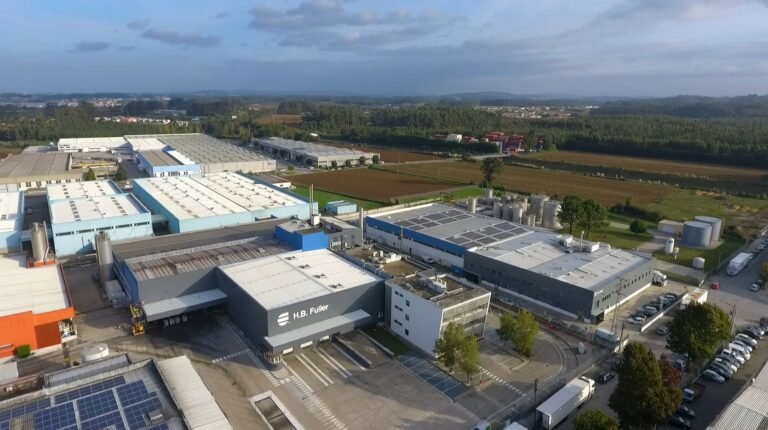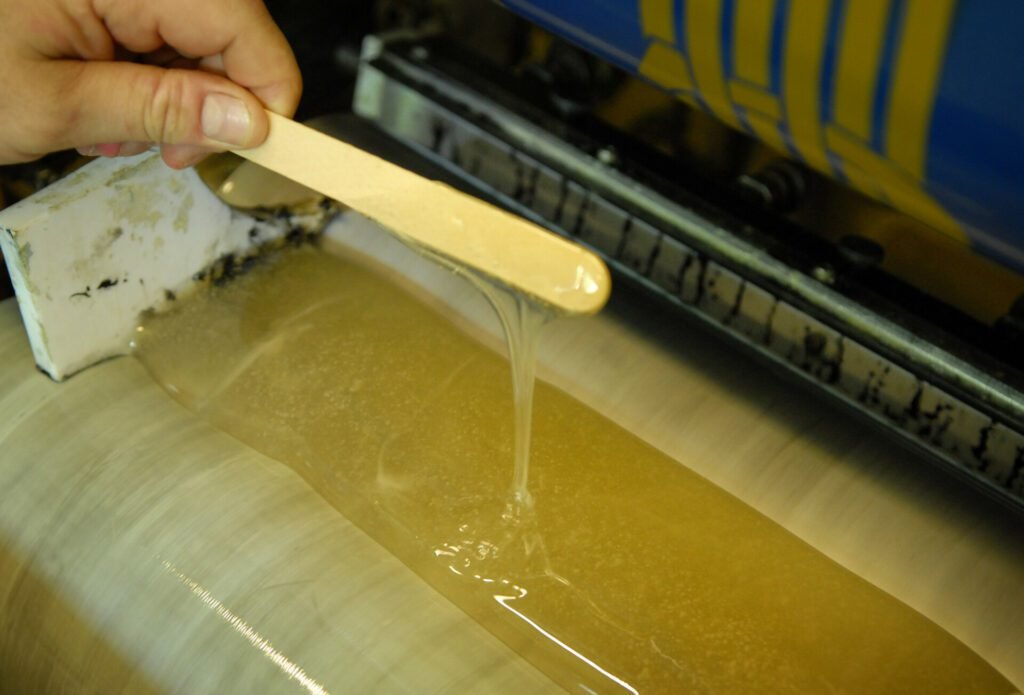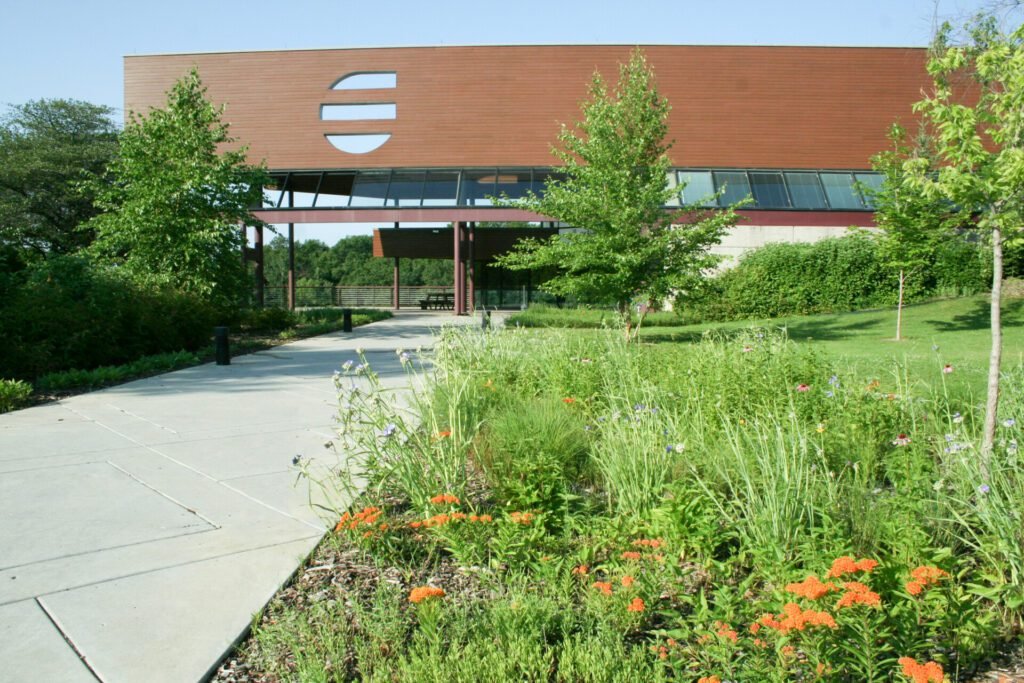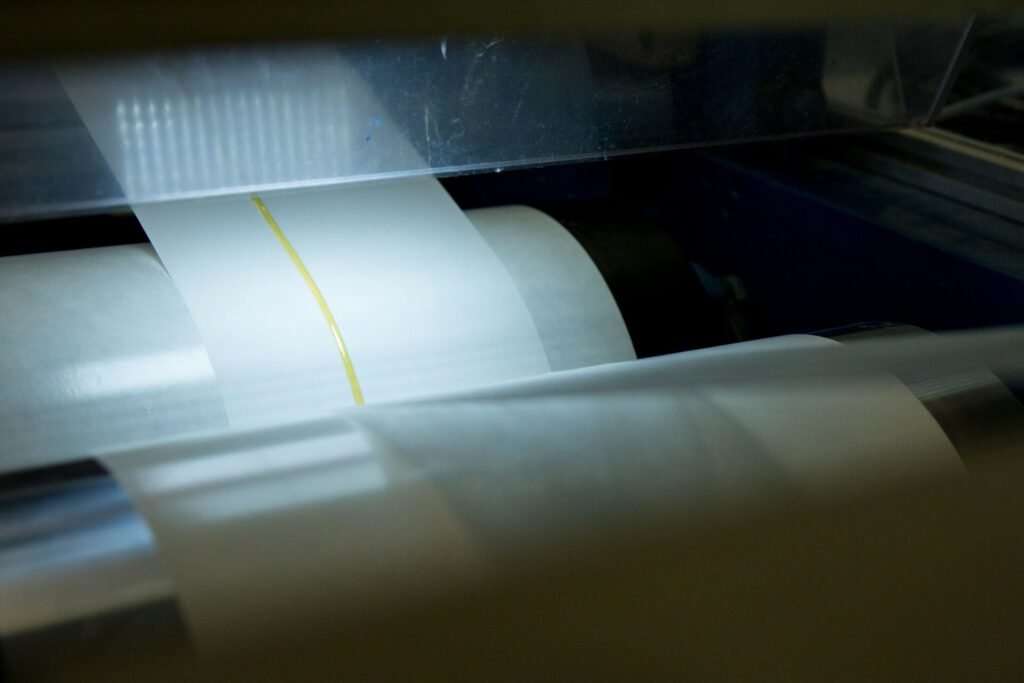H.B. Fuller acquired Beardow Adams and focuses on innovation and greener production
H.B. FULLER

H.B. Fuller Company, the biggest pure play adhesives company in the world, has recently acquired Beardow Adams, a UK-based family-owned business that has grown since its establishment in 1976 into a proven multinational industrial adhesive manufacturer, with customers in more than 70 countries. With manufacturing capabilities across Europe and the U.S., and a powerful distribution network across the globe, Beardow Adams is recognized for its commitment to quality and service across a variety of industry applications. The acquisition is expected to accelerate profitable growth in many of H.B. Fuller’s core end markets and generate business synergies through production optimization, an expanded distribution platform, and difference-making innovation. “Combining the two companies is an exciting move toward our goal of strengthening our leadership position in the markets and regions we serve by expanding our customer base and technology portfolio to address today’s megatrends, such as e-commerce, food safety, and sustainability. As we combine our businesses, we will be a stronger force in the adhesives industry” said Jim East, executive vice president, Hygiene, Health, and Consumable Adhesives. Beardow Adams generated approximately €130 million in revenue for the 2022 fiscal year. With a team of 200 employees globally, the company will operate within H.B. Fuller’s existing Hygiene, Health, and Consumable Adhesives global business unit. Elizabeth Staab talked to us about the role of adhesives in packaging, sustainability and the choice of greener polymers.
How is changing the role of adhesive in the food market packaging?
Elizabeth Staab: “Adhesives and coatings play a number of important roles, from helping to ensure the recyclability of the package to product security and increasing shelf life and reducing waste. Changes in the food packaging sector never stop, with new materials, design updates, and sustainability demands creating challenges for manufacturers and suppliers alike. And that is why adhesives formulation add value to this industry while providing the necessary versatility to perform across different packaging applications and in various production environments. Simply put, food and beverage packaging’s main purpose is to safeguard quality and deliver the product safely and hygienically to the end-consumer. Adhesives offer much functionality to food and beverage packaging including the making of carton and corrugated board and securely closing them, label placement and easy wash-off for glass and PET bottles laminating flexible packaging, or barrier coatings on paper packaging. Portion packs, multi-pack bundling, easy opening and extended shelf life are all packaging features enabled by ingenious adhesives solutions. Up until recently the focus when selecting an adhesive has been on the performance of the functionality. Today, producers and brand owners are considering the complete life cycle of the packaging to ensure reuse and recycling of the primary packaging materials. And that is where H.B. Fuller expertise comes to the equation as a problem-solver supported by a team actively engaged with industry associations and partners to fully understand the impact of adhesives on the reuse models and recycling process of the primary packaging material and related testing methods to certify recyclability, to give an example. Our adhesives are formulated to be compatible with recycling processes whether this is paper and board repulping, bottle wash-off for PET and glass recycling or mechanical recycling for flexible packaging mono-materials.

We recently announced the acquisition of the UK-based Beardow Adams, and this is an exciting move toward strengthen H.B. Fuller global capabilities in many of our core segments, like packaging. Worth to mention that in 2016, Beardow Adams became the first adhesive manufacturer in the world to be granted the British Retail Consortium Global Standards’ (BRCGS) packaging certification and the first adhesive company to achieve the “A grade” BRCGC packaging certification only one year later. In straightforward terms, this means Beardow Adams manufactures packaging adhesives to a food grade standard which ensures adhesives are produced in an environment suitable for use in the food and beverage market.
About sustainability, what is the industrial sector in which H.B. Fuller supplies more sustainable adhesives?
While it is evident that the EU Green Deal is impacting all industries and aspects of our modern life, adhesives have already been part of enhanced circular value chains for paper, plastic, glass, and metal packaging for many years. In fact, they are the hidden enabler of many of the products we use every day. And H.B. Fuller supplies a large variety of customers applications, whether these are consumables such as hygiene articles, food and beverage packaging, or more durable items such as furniture, vehicles, electronics, to name a few. We also have a portfolio of solutions to serve the construction industry.

Sustainability has many aspects and depending on the usage of the product, recycling, or reuse requirements, the approach to sustainability may differ. Having said that, moving towards fossil-free raw materials linked to sustainable sources that reduce the carbon footprint is an avenue for most applications. For consumables with a short life span, recycling, material, and waste reduction are key. For durables with a longer lifespan, a controlled longevity becomes a key driver as well as enhanced material and energy efficiency. With EU legislation such as right-to- repair the entire product design needs to be re-evaluated and adhesives are a true facilitator here as well.
During these years, we are seeing a lot of developments of greener polymers. How does the R&D’s team choose greener polymers for your manufacturing?
That is true, polymer progress and demonstrations have become increasingly important within the industry, science, technology, engineering, and by the way, also seen as a strong lever for STEM education outreach. Recently, concerns regarding the use of fossil resources, disposal- related issues, as well as government policies, have led to a continuously growing interest in the development of more sustainable and safer environmentally solutions from natural, recycled, and circular resources. So, on your question, and as we serve many industries, it really depends on the application and market specifics. Our commitment is to provide high-performing sustainable solutions, polymers included, to help customers meet their own sustainability goals and manufacture products that are more eco-friendly. One example: we introduced a more sustainable reactive polyurethane hot melt (HMMC) adhesives range for textile lamination based on new polyester polyols’ types, made with recycled content from PET bottles and bio- based polyols. These new solutions contain bio-mass balanced isocyanate as replacement of the fossil MDI.

By combining all these available renewable sources, we have tested and reached sustainability rates from 50% to 90%. Similarly, for packaging applications we are integrating bio-circular feedstock from mass balance sources in our adhesives reducing the carbon footprint of the adhesive and in turn of the packaging itself. For textiles, our product family Swift®lock is used to laminate fabrics to fabrics and fabrics to membranes for fashion clothing, sportswear, lingerie and for workwear clothing. These adhesives meet the requirements of the independent certification system ECO-Passport by Oekotex®, ensuring that textile manufacturers are able to produce standard100 by Oekotex certified products.
DOWNLOAD THE PDF FILE
[/content_control
